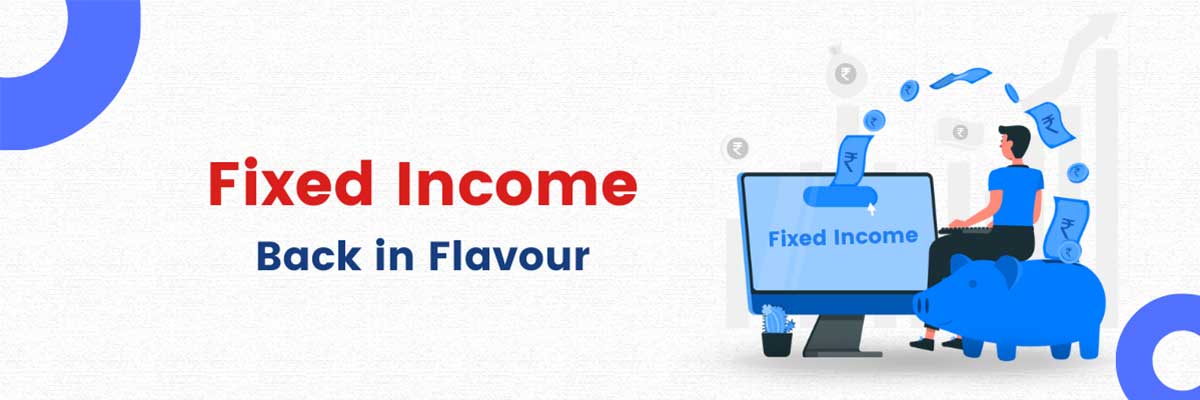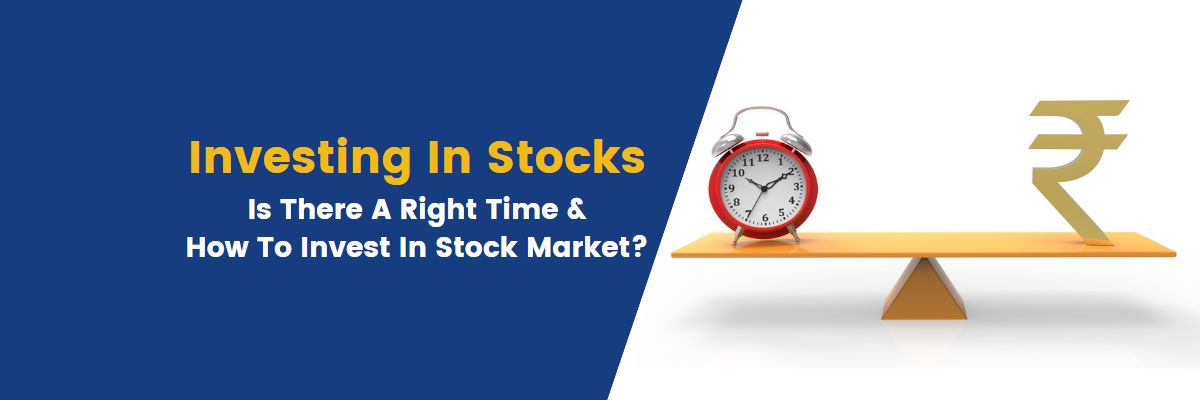When investing, there are usually two very important things to keep in mind: risk and return. A higher-risk investment could potentially give you higher returns, but it also comes with the risk of losing money.
A lower risk investment has a lower chance of loss, but the returns can also be significantly lower in comparison. Fixed income instruments or securities are of the latter kind.
They are a lower risk investment compared to stocks and have several benefits of their own.
What Are Fixed Income Instruments?
Fixed income instruments (aka fixed income securities) are a kind of debt instrument that provide a regular interest-based income on the invested principal amount until the date of maturity. The principal amount is repaid at the time of maturity.
Fixed income investments act as liabilities for the issuing organization, which are usually financial companies or the government. They issue these debt securities to raise money for funding various operations and projects.
Returns are based on the creditworthiness of the issuing organization, which often makes these a much safer choice of investment. They are different from variable income instruments and other securities because the income rate is usually fixed at the start.
Why Invest In Fixed Income Instruments?
Regular Passive Income
Because of the regular returns, fixed income securities serve as a passive income until the time of maturity. This is one of the major reasons why someone chooses to invest in fixed income securities.
Stable and Safe
Another reason why fixed income instruments are popular with investors is that the rate of interest is fixed at the start. This means that, despite fluctuations, the income is stable. Because of the way the issuing organization uses the invested money, it is also not as susceptible to market fluctuations, and hence are low-risk, safe investment options. The creditworthiness and credibility of the organization also plays a role in the risk, so choose a reputable company for your investment.
Types Of Fixed Income Instruments In India
In India, fixed income investments come in many different forms. With more and more people wanting to invest their money and save for the future, it is important to understand the basics before you choose to invest. Here are some of the popular fixed income instruments that are available in India:
Fixed deposits
Probably one of the most common forms of fixed income instruments, fixed deposits (FDs) are offered by banks and other financial institutions and are commonly known as company fixed deposits. Fixed deposits often work similarly to savings accounts but with a higher interest rate, although there are penalties if you withdraw your money before the maturity date. In an FD, the rate of interest is fixed at the start, and the investment period can be anywhere from 7 days (for certain banks) to 10 years.
National Savings Certificate (NSC)
National Savings Certificates (NSCs) are offered by the government of India and are a post office investment scheme introduced to encourage low- to mid-income investors to save money. Hence, these have a low minimum principal of investment of ₹ 100, but also have no upper limit on investment. NSCs have a minimum lock-in period of 5 years and can qualify for tax deductions as well.
Public Provident Fund (PPF)
Public provident funds (PPFs) are another fixed income instrument offered by the government of India. They serve as both an investment and a tax-saving option for many, thereby making them a popular investment choice for some people, although the long lock-in period of 15 years is often a deal-breaker for some. Because it is a government backed scheme, returns are almost guaranteed, and the interest is paid annually. Additionally, only one PPF account is allowed per citizen.
Government Bonds
Bonds are a debt instrument that is issued by a body, and then used for various day-to-day projects and financial needs. The most common type of bonds are government bonds, which are issued by a state or central government. In India, the Reserve Bank of India issues government bonds to the public. Government bonds are also limited to residing citizens and have a minimum term of 5 years, although the maximum can be as long as 40 years. The bonds offered by the RBI also have a minimum principal amount of ₹ 1000. Government bonds also come in various different types and have a guaranteed return, which makes them a very safe investment choice.
Senior Citizens Savings Scheme (SCSS)
Another post office savings scheme offered by the government of India is the Senior Citizens Savings Scheme (SCSS). This scheme is aimed at those over 60 who wish to have a stable income at low risk and save on taxes. SCSS can be obtained from any authorized bank, and its income is eligible for tax deductions.
Concluding Thoughts
With many forms of fixed income investments available in India, they are becoming a very popular choice among investors for generating a stable passive income due to their low risk and predictable returns. Many government-issued fixed income options also help save on taxes, which is another reason to invest in them.








